Aluminium scraps refers to the discarded aluminium beverage cans that are collected for recycling purposes. These cans are made from an aluminium alloy, typically Al-Mg-Si, which provides excellent corrosion resistance, weldability, and cold workability. The ALUMINIUM SCRAPS is processed and recycled to produce new aluminium products, reducing the need for extracting and refining virgin aluminium.
Applications of ALUMINIUM SCRAPS
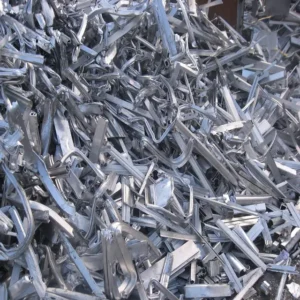
1. Construction and Architecture ALUMINIUM SCRAPS
ALUMINIUM SCRAPS finds extensive use in the construction industry due to its remarkable properties. It is often used in the fabrication of building frames, doors, windows, ceilings, and decorative surfaces. The corrosion resistance, strength, and weldability of aluminium UBC scrap make it a favored choice in architectural applications.
2. ALUMINIUM SCRAPS and Aeronautics
Aluminium plays a crucial role in the aerospace and aeronautics sectors. UBC scrap is utilized in the manufacturing of aircraft components such as fuselage frames, girders, fuel tanks, and landing gear struts. Its lightweight nature, coupled with its strength and durability, makes it an ideal material for aerospace applications.
3. Transportation Industry
The transportation industry extensively relies on aluminium UBC scrap for various purposes. It is used in the production of car body structural parts, subway cars, railway buses, and high-speed buses. Additionally, UBC scrap is employed in the manufacturing of car doors, windows, air conditioners, radiators, and wheels.
4. Packaging and Can Manufacturing
Aluminium UBC scrap is a vital raw material for the production of metal packaging materials. It is transformed into cans, caps, bottles, barrels, and packaging foils. The beverage, food, cosmetics, pharmaceutical, and industrial product packaging industries heavily rely on aluminium UBC scrap for their packaging needs.
5. Electrical and Electronics
Aluminium UBC scrap finds its way into the electrical and electronics sectors. It is used in the production of busbars, wires, conductors, and electrical components. The excellent conductivity and lightweight properties of aluminium make it an ideal choice for these applications.
6. Printing Industry
The printing industry benefits from aluminium UBC scrap in the form of aluminum-based PS plates. These plates are used for automatic platemaking and printing processes. The printing industry relies on the high-quality and durability of aluminium UBC scrap in their operations.
The Benefits of Aluminium Alloy
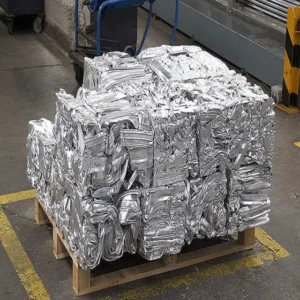
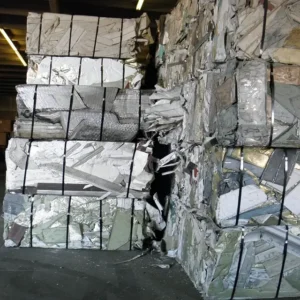
Aluminium alloy, including UBC scrap, offers numerous advantages that contribute to its widespread usage across industries. Let’s take a closer look at some of the key benefits:
- Strength and Durability: Aluminium alloy, including UBC scrap, possesses high tensile strength, making it suitable for applications requiring robust and durable materials.
- Lightweight Nature: Aluminium is significantly lighter than other metals, making it ideal for industries where weight reduction is crucial, such as aerospace and transportation.
- Corrosion Resistance: Aluminium UBC scrap exhibits excellent resistance to corrosion, allowing it to withstand harsh environmental conditions and prolonging its lifespan.
- Weldability: Aluminium alloy can be easily welded, allowing for efficient fabrication and assembly processes in various industries.
- Recyclability: Aluminium is highly recyclable, making it an environmentally sustainable choice. Recycling UBC scrap reduces the demand for virgin aluminium and promotes resource conservation.
Market Data on Aluminium UBC Scrap
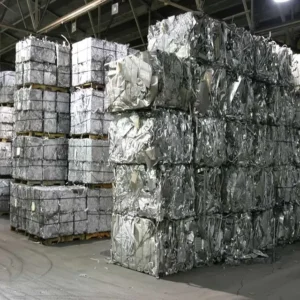
The global aluminium market has witnessed significant growth in recent years, with aluminium UBC scrap playing a crucial role in meeting the increasing demand. As of 2021, the global aluminium market size was valued at USD 31.8 billion, and it is projected to reach USD 51.8 billion by 2030, growing at a CAGR of over 5.5% from 2022 to 2030. The market for aluminium UBC scrap is robust and continues to expand due to its widespread applications and the growing focus on recycling and sustainability.
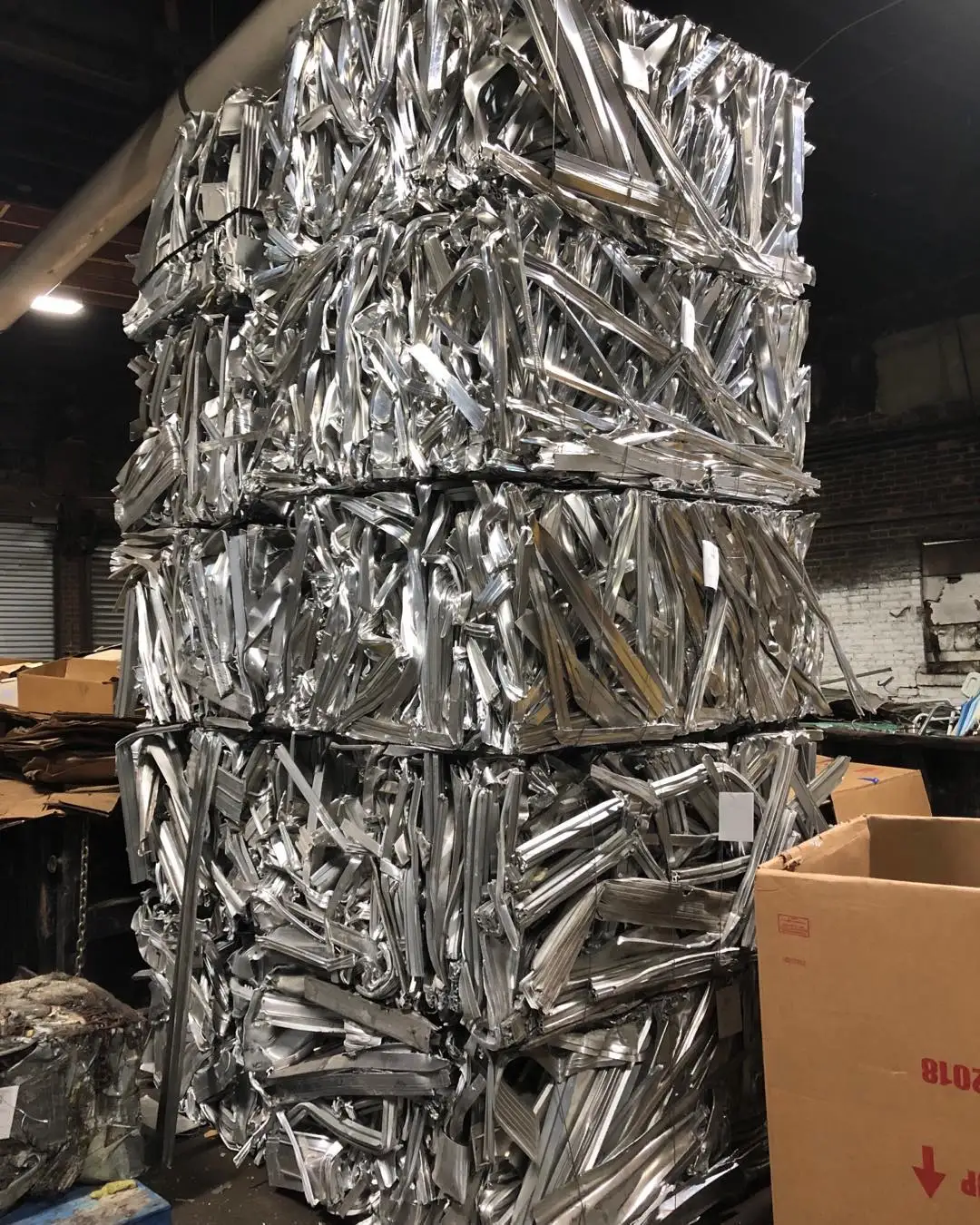
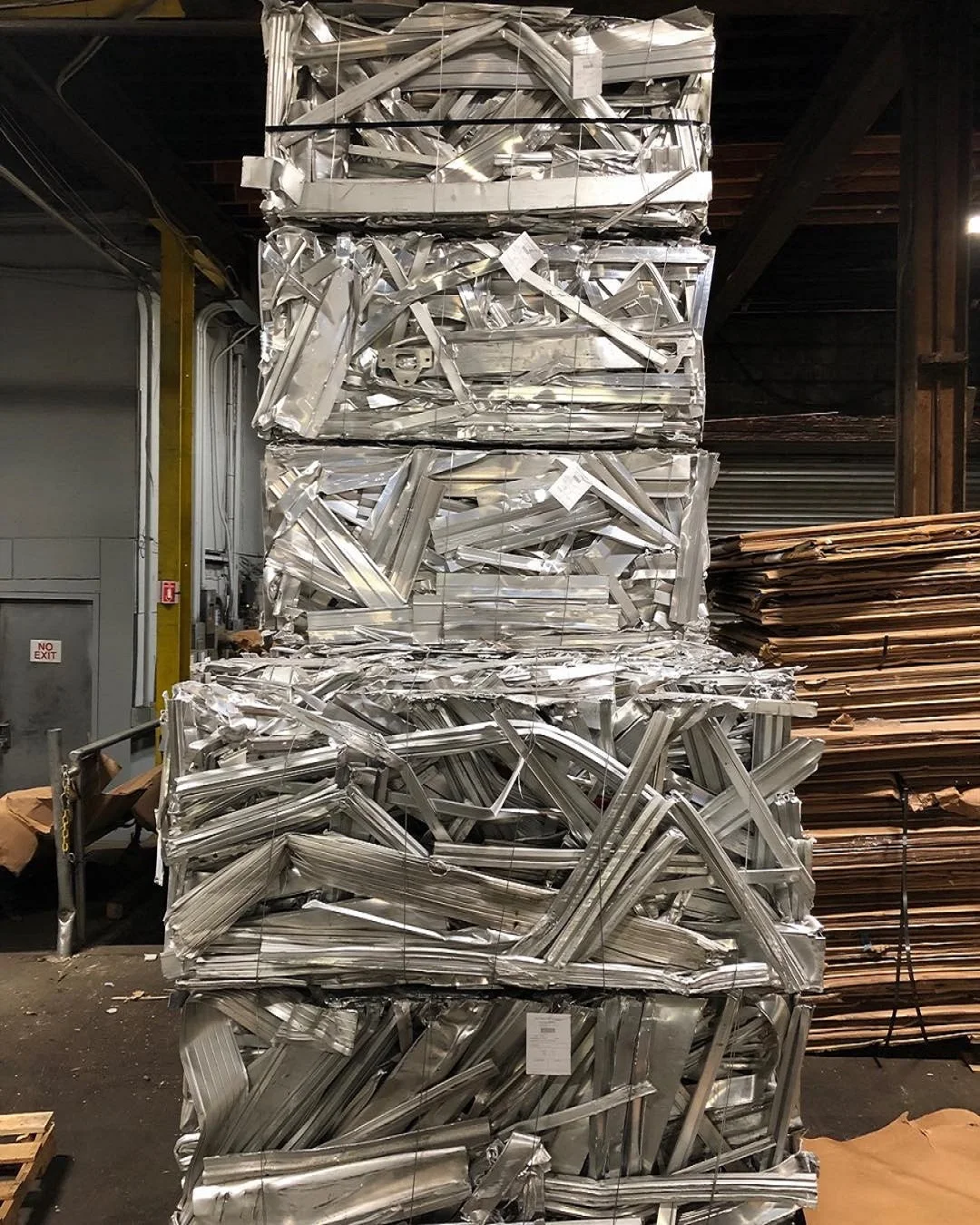
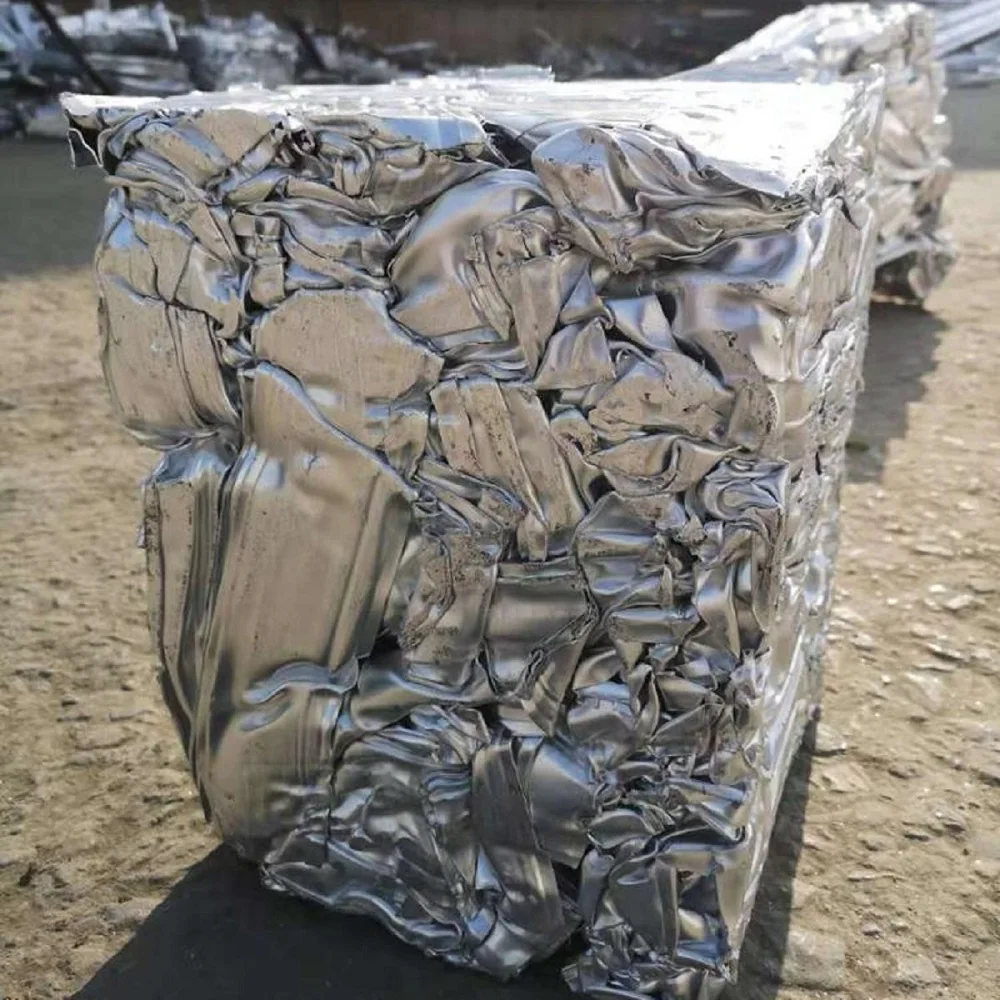
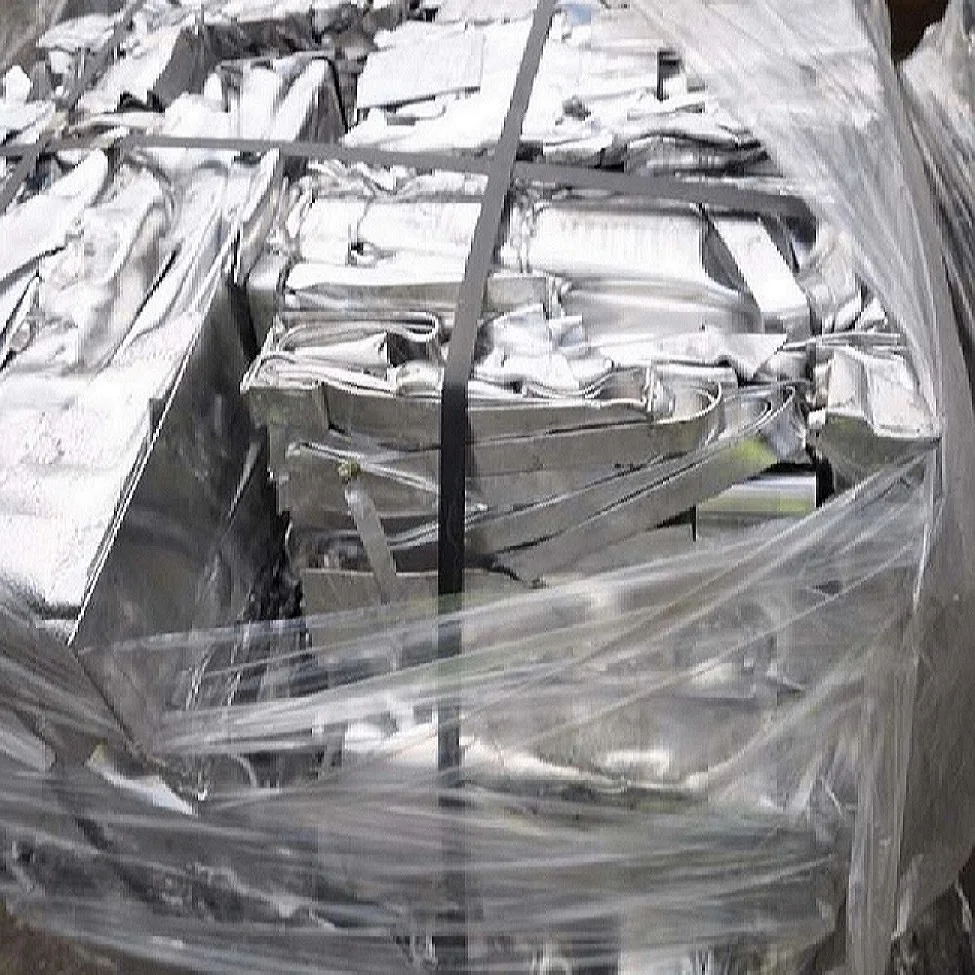
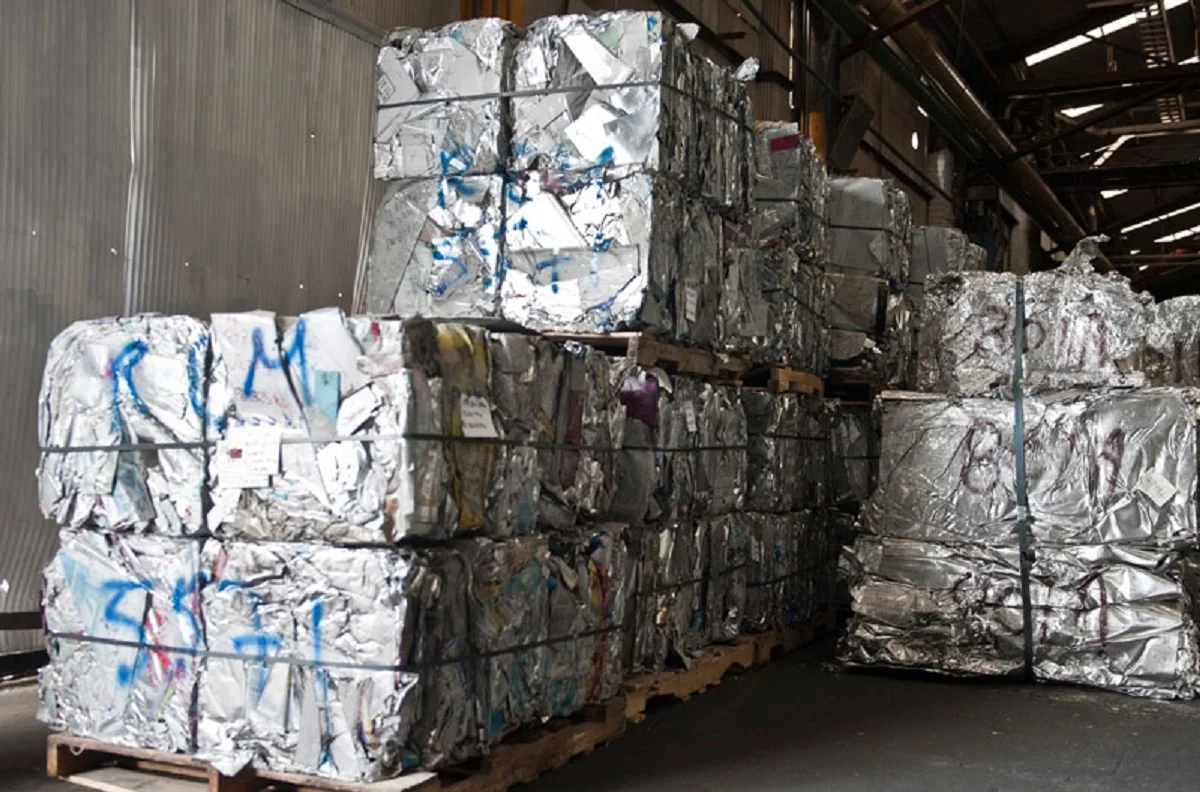
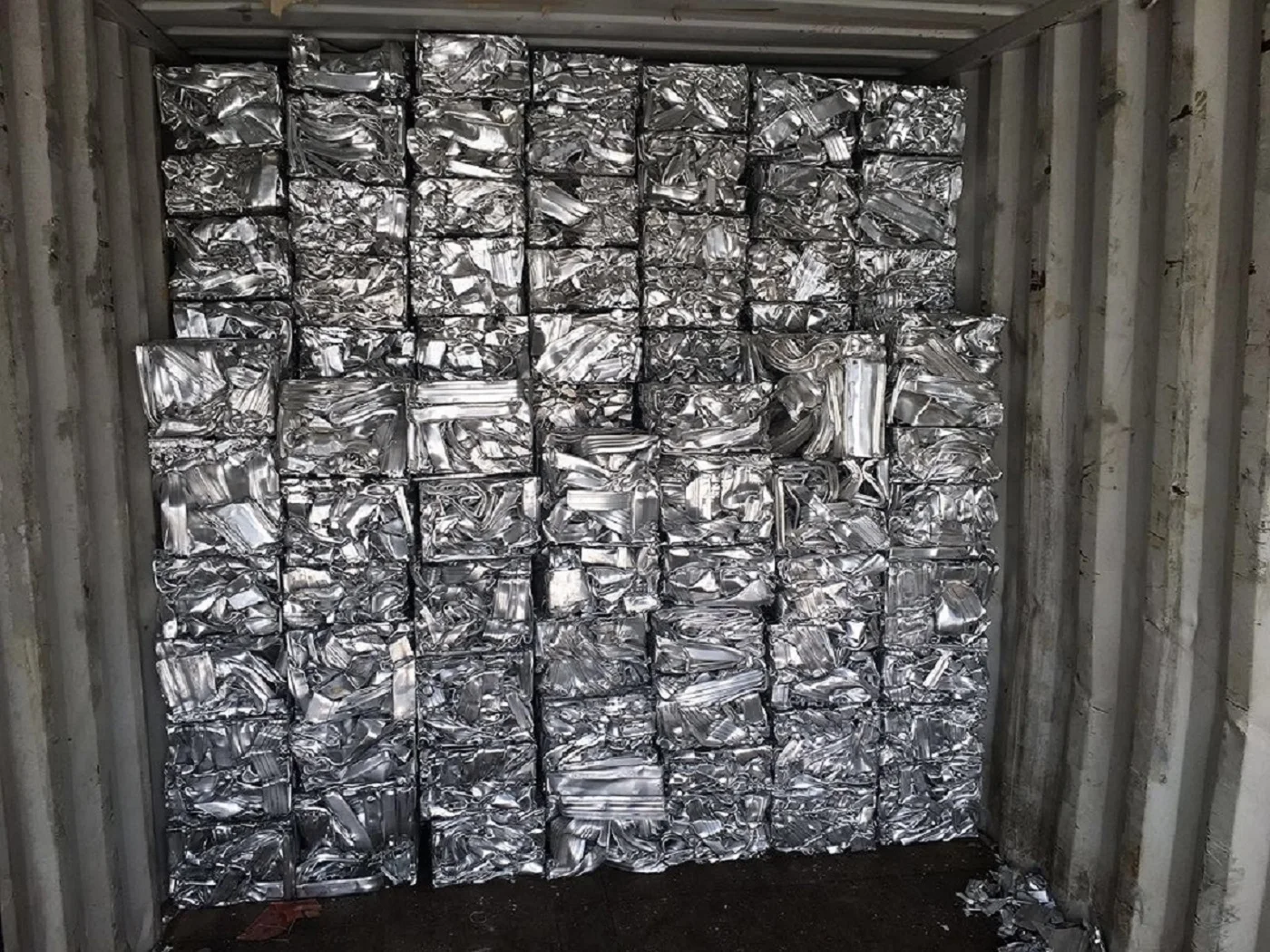
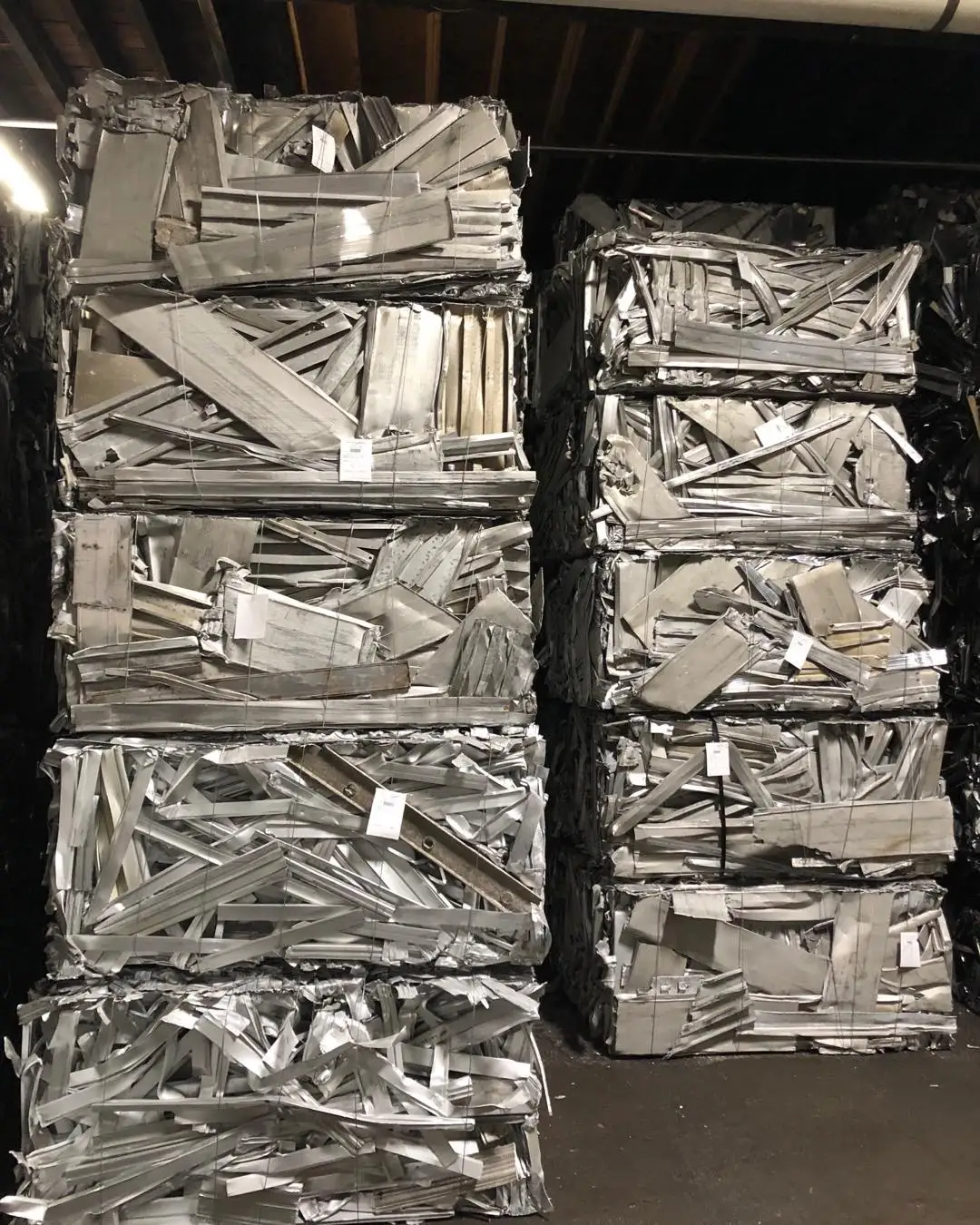
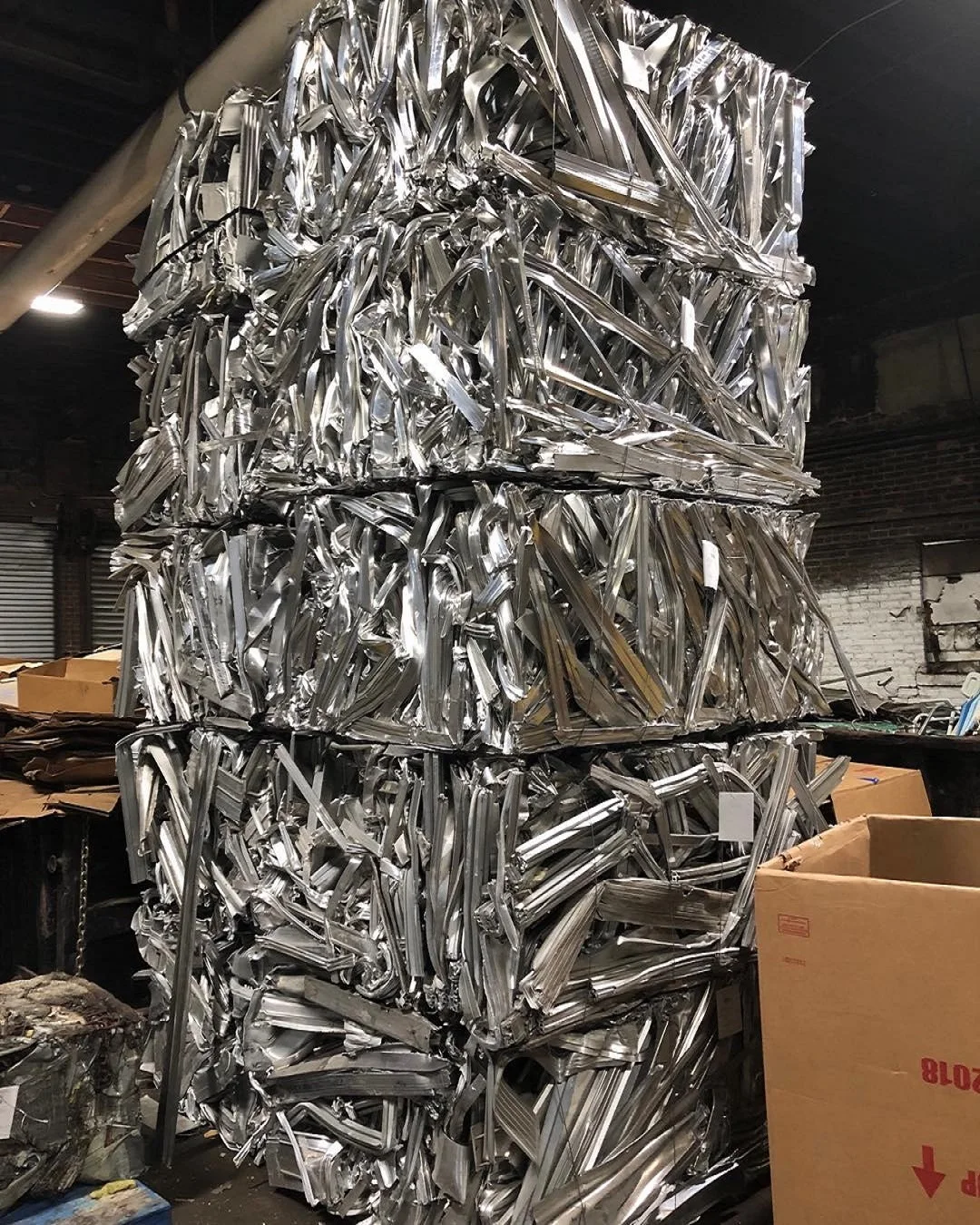

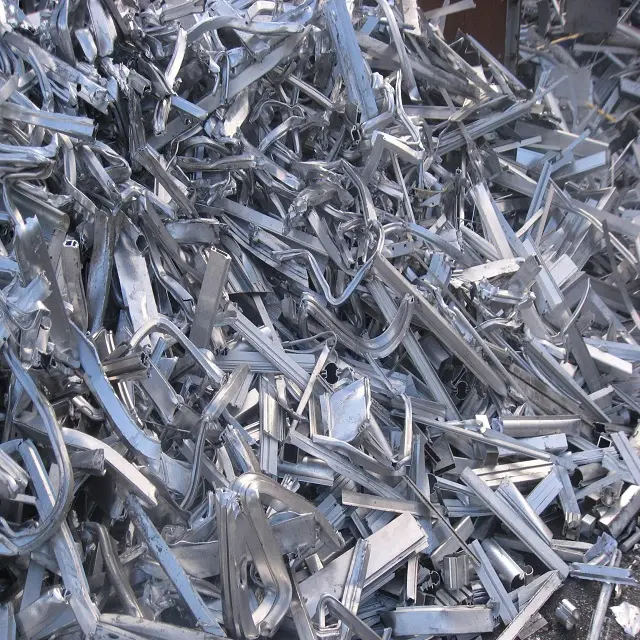
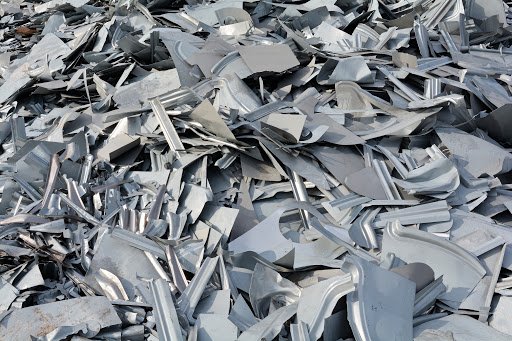

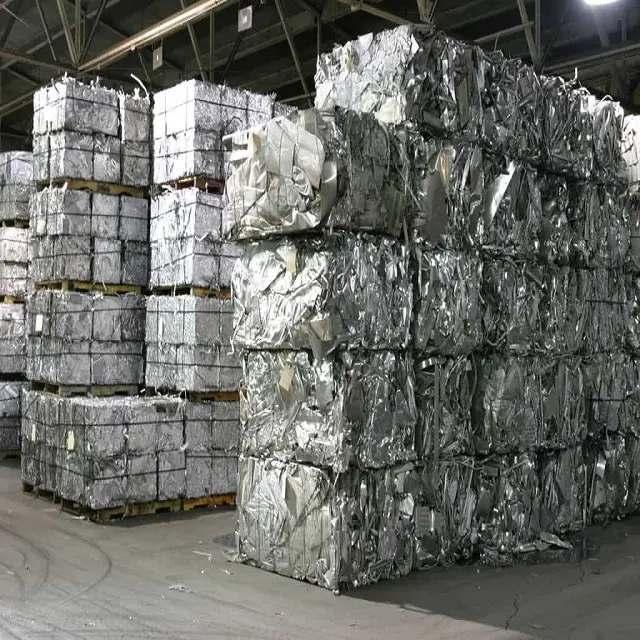
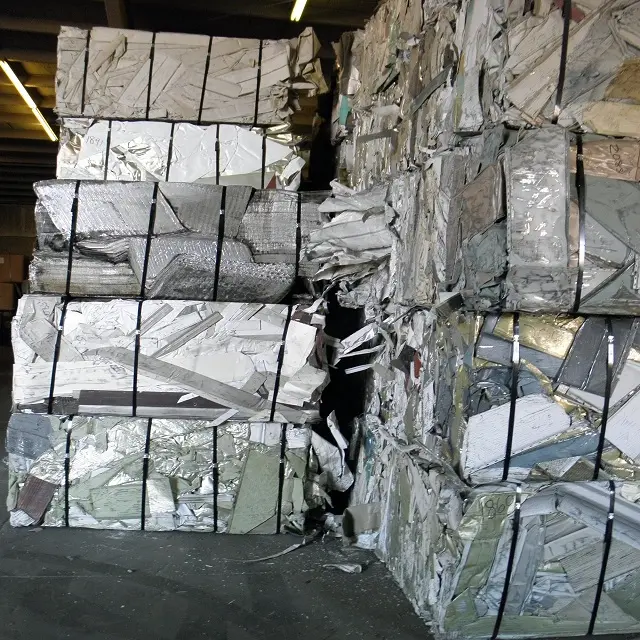





Reviews
There are no reviews yet.